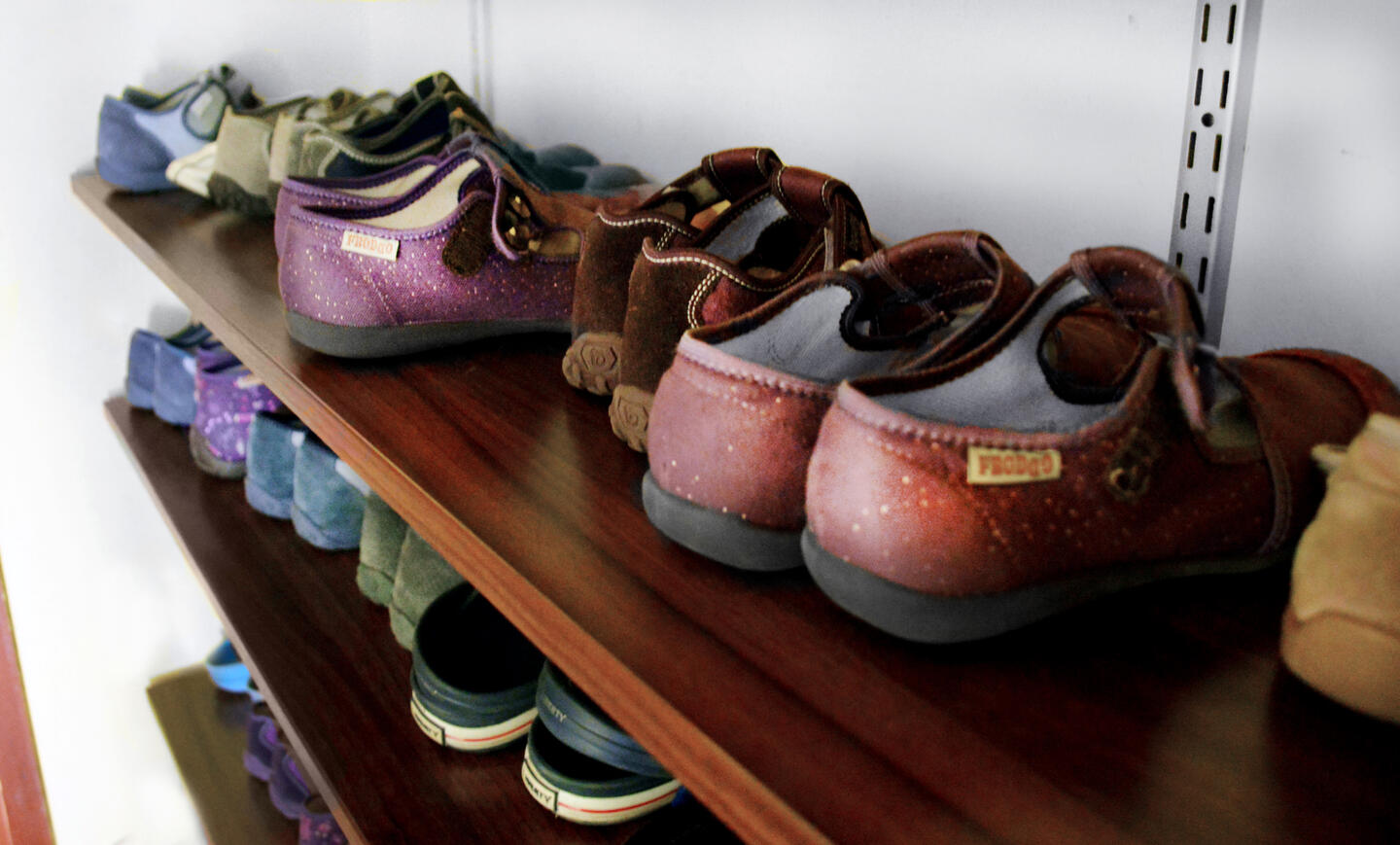Key information about the programme
- The programme is operated by: The Ministry of Regional Development and EU Funds - Croatia (HR).
- The Donor Programme Partner in this programme is: Norwegian Agency for International Cooperation and Quality Enhancement in Higher Education (DIKU).
- The programme objective is: Strengthened social and economic cohesion.
- The programme funding amounts to €27.8 million (excluding co-financing) and is funded by both the Norway Grants and the EEA Grants.
Why is the programme needed?
It is generally considered that the education sector represents the basis of the social and the economic development of a particular country. Education and training of pupils and future work-force is considered a major factor in predicting how well the country's economy will do in the future. Well-structured and efficient education system plays a key role in determining macroeconomic indicators and creating a diversified labour market. In the national Strategy for Education, Science and Technology (SEST). Croatia has recognized education and science as its development priorities that will contribute to long-term social stability and economic progress and strengthen cultural identity. The need to invest in education, science and technology has its origin in the profound changes of the Croatian society, which result from the changed global environment, but are also the consequence of internal: social economic, cultural and demographic changes. Such circumstances require a long-term reflection on the position of education in the society, and its role in the creation of an innovative society and economy, adaptable to future challenges that are difficult or impossible to predict today. Despite previous attempts to reform the education system, the education system is still in transition -struggling to keep pace with the demands of modern labour market and to improve the equality of access to education for all and for vulnerable groups in particular. In the long run, if these challenges are not met, they may lead to higher levels of unemployment and slower economic growth. For that particular reason, the LDPR Programme will primarily address the needs and the challenges related to the creation of such a primary education system that will enable better achievements at the later stages of the education process and thus contribute to increased job prospects in future. Surveys indicate that the achievement of Croatian pupils at primary school level is lower in some STEM area subjects in comparison with other countries which indicates that pupils finishing primary school generally tend to lack certain skills which might help them to achieve better results later on at mid-level or at higher levels of education. This reflects the need for substantial curricular reform, accompanied by improved initial and continuous teacher education and training as well as improved infrastructure conditions with adequate facilities and equipment that will additionally support and complement the strengthening of quality measures.
What will the programme achieve and who are the beneficiaries?
The main objective of the programme, Local Development and Poverty Reduction, is strengthening the social and the economic cohesion in the Republic of Croatia, which is also one of the key goals of the EEA Financial Mechanism. The programme will address the objective through 4 outcomes. Outcome 1 ‘Improved skills and competencies of teachers and other professionals in primary education’, will be finance cooperation projects by way of a small grant scheme, outcome 2 ‘Enhanced STEM skills’, will be support cooperation projects in one call for proposals with two components, finally, outcome 3 ‘Enhanced tools for creating equal opportunities in education for pupils with disabilities’ and outcome 4 ‘Enhanced strategic planning at national and regional level’ will be implemented as two predefined projects. It is generally considered that the education sector represents the basis of the social and the economic development of a particular country. Education and training of pupils and future work-force is considered a major factor in predicting how well the country's economy will do in the future. Well-structured and efficient education system plays a key role in determining macroeconomic indicators and creating a diversified labour market.
How will the programme strengthen bilateral relations?
The Programme will contribute to fostering the development of bilateral relations between Croatia and Donor countries. Bilateral cooperation with the donor state is an integral part of the programme and shall be addressed by the projects contributing to all of the programme outcomes. Project partners in donor states will cooperate, share good practices, exchange visits, training and conferences. Bilateral cooperation will be strengthened through institutional cooperation and projects under outcomes 1 and 2. The programme intends to request funds from the Fund for bilateral relations. The priorities for the allocation are the following:
- Preparatory visits aiming at project development, enabling the applicant institutions to establish good and strong partnerships and to discuss the contents of future projects personally;
- Bilateral activities for learning the Norwegian language; Joint thematic events, such as conferences, group study visits addressing the needs, challenges and solutions addressed by the programme. These will be organised in coordination with DPP and may include interim events or wrap up events presenting the results of bilateral cooperation and the potential for further cooperation.
